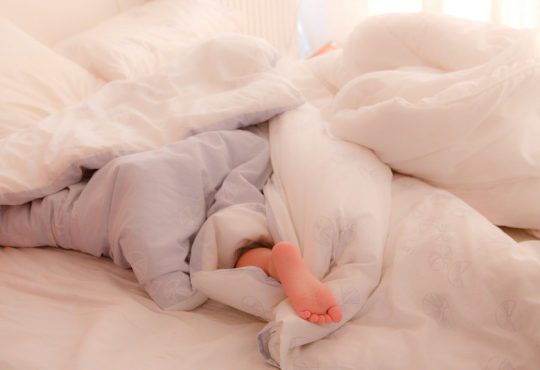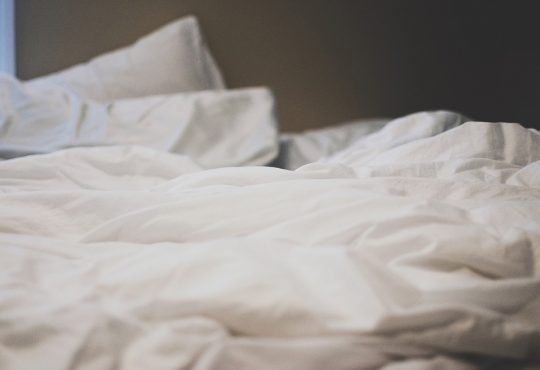At 7 a.m. every weekday morning, an hour before the first classes of the day begin, a gloom descends over campus.
Hundreds of students awake to a brutal alarm clock they may have set only a few hours before and drag themselves out of bed, barely conscious, in need of coffee, hoping to regain sentience in time for the lecture.
Thompson and Wyatt echo with the sounds of tired people dragging their feet up interminable flights of stairs.
“Not sleeping gives me migraines in the morning, and then I get twitchy because I have to drink too much caffeine,” sophomore Grace Best said.
Sleep deprivation is an epidemic among college-age individuals. According to the Journal of Adolescent Health, 20 percent of students pull all-nighters at least once a month, and 35 percent are up until at least 3 a.m. once a week; those students frequently miss class and, if they make it, more often than not they fall asleep in class.
These facts make perfect sense, given the overloaded schedule of students, but it is also a surprisingly dangerous tendency.
A lack of sleep has been associated with a lower GPA, difficulty concentrating, and weight gain—not to mention mental health issues and cardiovascular problems later in life.
“I probably get around four hours of sleep a night because of my workload,” senior Nathan Smith-Tripp said.
“It’s definitely way under the recommended hours and it’s not enough.”
Some students may think of sleep as a waste of time; why spend eight hours inert in bed when you could be studying, working or fitting in the rare social opportunity?
On the contrary, however, sleep is when the brain does some of its most important work.
A study at Harvard University showed that sleep is when short-term memories are consolidated and turned into long-term memories; memories for processes like riding a bike or adjusting a microscope correctly are stored during sleep as well.
That means that even after a long night of studying, if you do not get an adequate night’s sleep, you will be even less likely to remember what you studied and thus less likely to do well on an exam.
There is a certain point where sacrificing your sleep for studying is just counterproductive, and you will just end up doing worse on the test in the end.
“Over the course of the day is when you start getting really tired because you’ve been up so late doing homework,” freshman Matt Feldman said.
“The hardest thing is not so much staying asleep or getting to sleep. The real battle is once you’re awake, staying awake.”
It’s not realistic to expect anyone to quit activities to free up their schedule for some quality shut-eye, nor will college schoolwork ever become less time-consuming.
However, if the earliest classes were moved to 10 a.m., most students who go to bed at 1:00 or 2:00 in the morning could grab at least a few extra of those required hours, meaning they could concentrate more in class and give their professors the attention they deserve.
“I’m a big proponent for classes starting late,” Feldman said.
“The average college student doesn’t go to bed until midnight or later, so by that math, people are getting up really early for early classes. On most nights, I don’t go to bed until one in the morning, and it would just be such a big help to go to class later.”
College is all about learning balance and healthy behaviors, and it’s time that everybody remembers that people do, in fact, need sleep.
Plus, when you don’t sleep, “you get really big bags under your eyes and you don’t look as cute,” Best said.
For the sake of looking cute, students, get some sleep.



